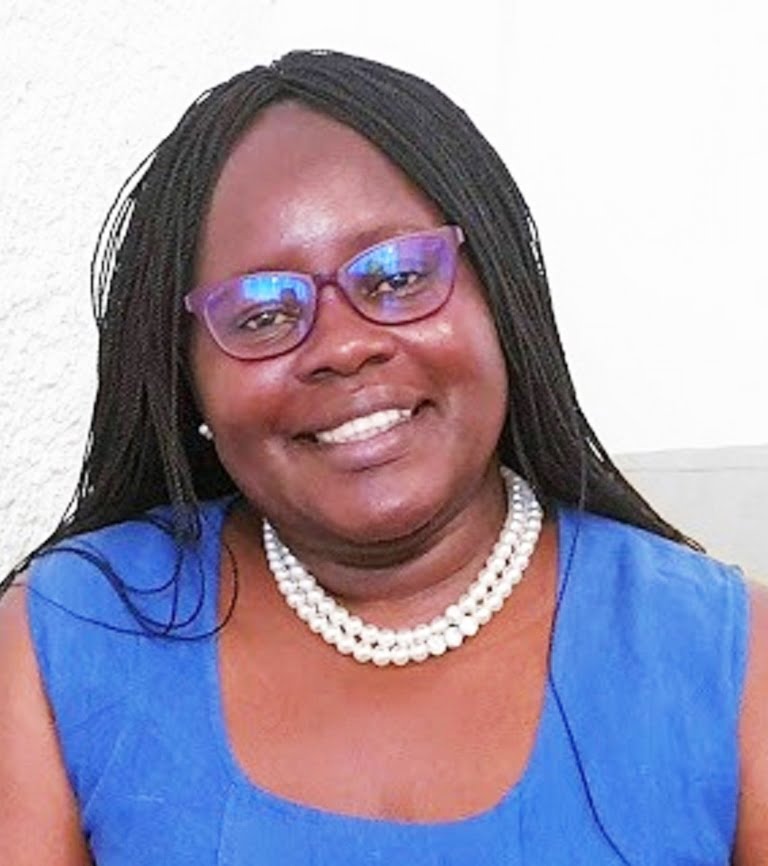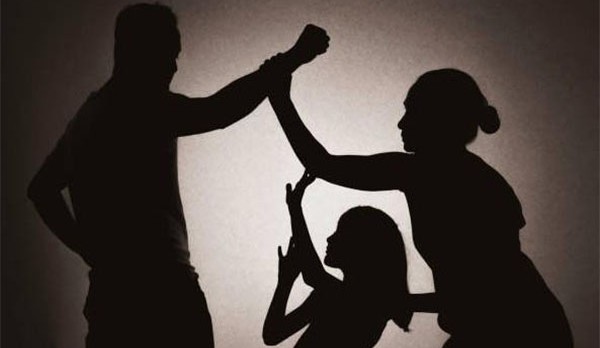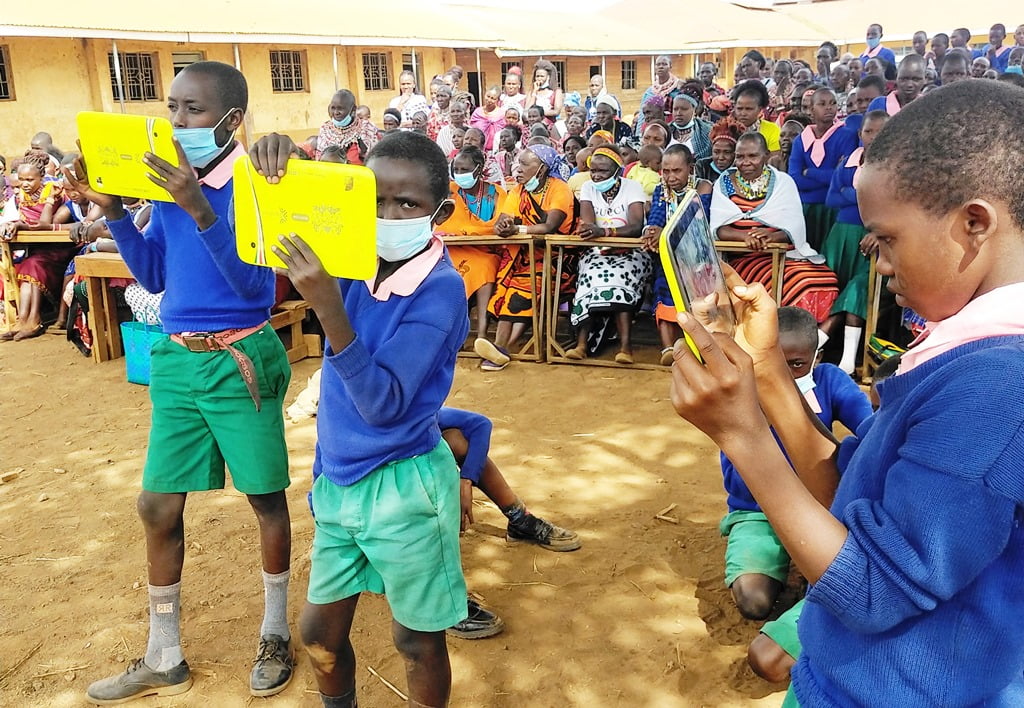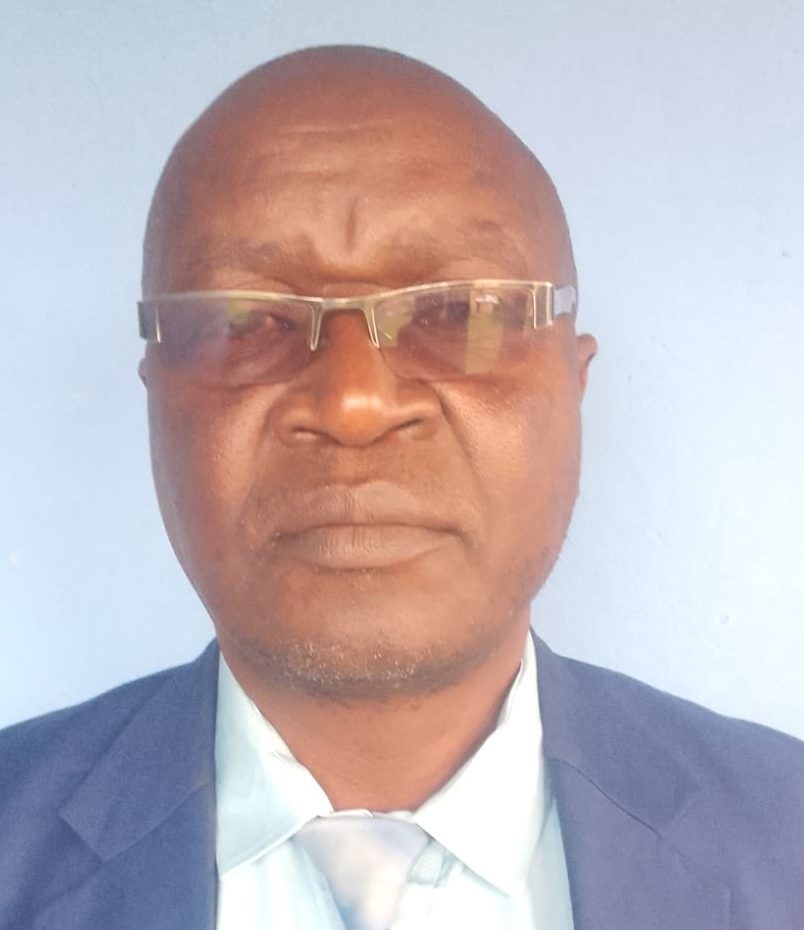By Lucy Simiyu
As learners settle in school following the disruptions of 2020, they require proper support that will secure their mental and emotional wellbeing, experts say.
“We are aware of the fact that 2020 took its toll on everyone, not least school-going children,” says Jenny Coetzee, Managing Director at Crawford International School Kenya, a brand of Africa’s largest private education provider, ADvTECH.
She says the past year has had a significant impact on the mental and emotional wellbeing of most people, and young children have not escaped the impact of Covid-19.
A September report by the Centre for Disease Control (CDC), noted that Covid-19 affected children directly and indirectly.
Among the contributing factors are changed routines, breaks in continuity of learning, breaks in continuity of healthcare, significant life events that were missed and loss of safety and security.
“The students we said goodbye to last year when schools closed due to Covid-19 are not the same students who recently returned to us. They were faced with unprecedented upheaval and uncertainty for months, and some even the loss of loved ones. These experiences would have, to varying degrees, impacted on their mental and emotional wellbeing.
“It should not be business as usual. We as educators need to be aware that on top of the demands of providing the highest quality of academic excellence, we should also be cognisant that our students may require increased levels of compassion, support and empathy, until we’ve settled into our new routines,” says Coetzee.
Pastoral care in education means a recognition of, and response by an educational institution to ensure the holistic welfare of children. Pastoral care is aimed at ensuring children are safe, engaged, involved and able to fulfil their potential.
Angelica Ouya, Education Director at the Makini Group of Schools, a sister school of Crawford, agrees on the importance of pastoral care as students settle in, saying educators must aim to be more empathetic and flexible.
“Don’t expect things to pick up where they left off 10 months ago,” she says.
It is also important to remember that there will be gaps in learning, because some students could continue online, while some couldn’t.
“We as educators have an important role to play during this transition, to help our students build their resilience and growth mindsets,” she says.
Ouya says that while the past year came with unprecedented challenges, it also led to some remarkable stories of resilience and growth under difficult circumstances.
“At Makini, we’ve had to adapt and adjust to ensure our students are able to progress despite constraints. In doing so, we were able to introduce new formats of learning as well as a new curriculum, the Cambridge curriculum. We are grateful also for the lessons learned last year, as we were able to not only survive, but innovate and develop,” she says.
Ms Simiyu is the School Psychologist at Crawford International School






